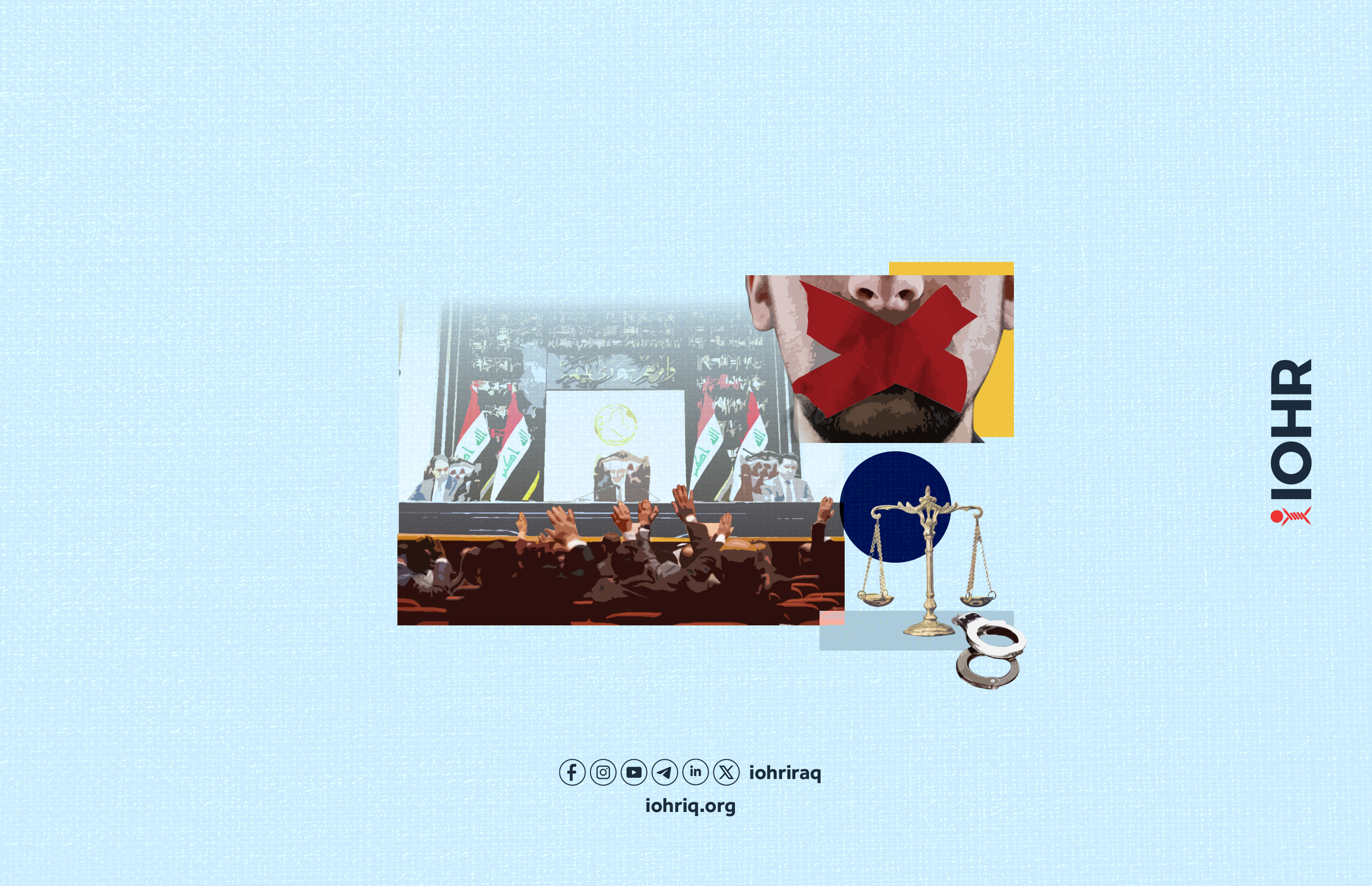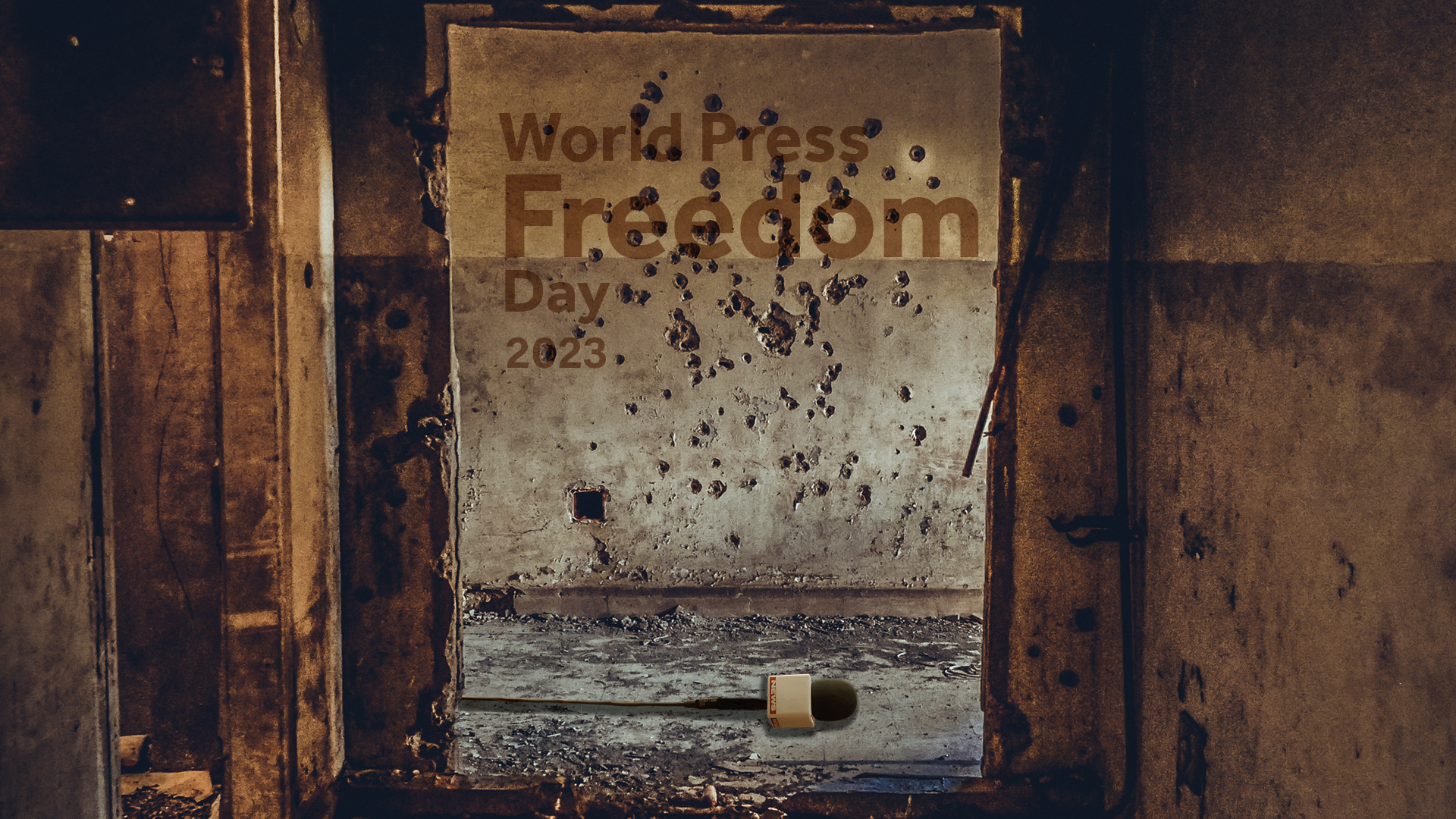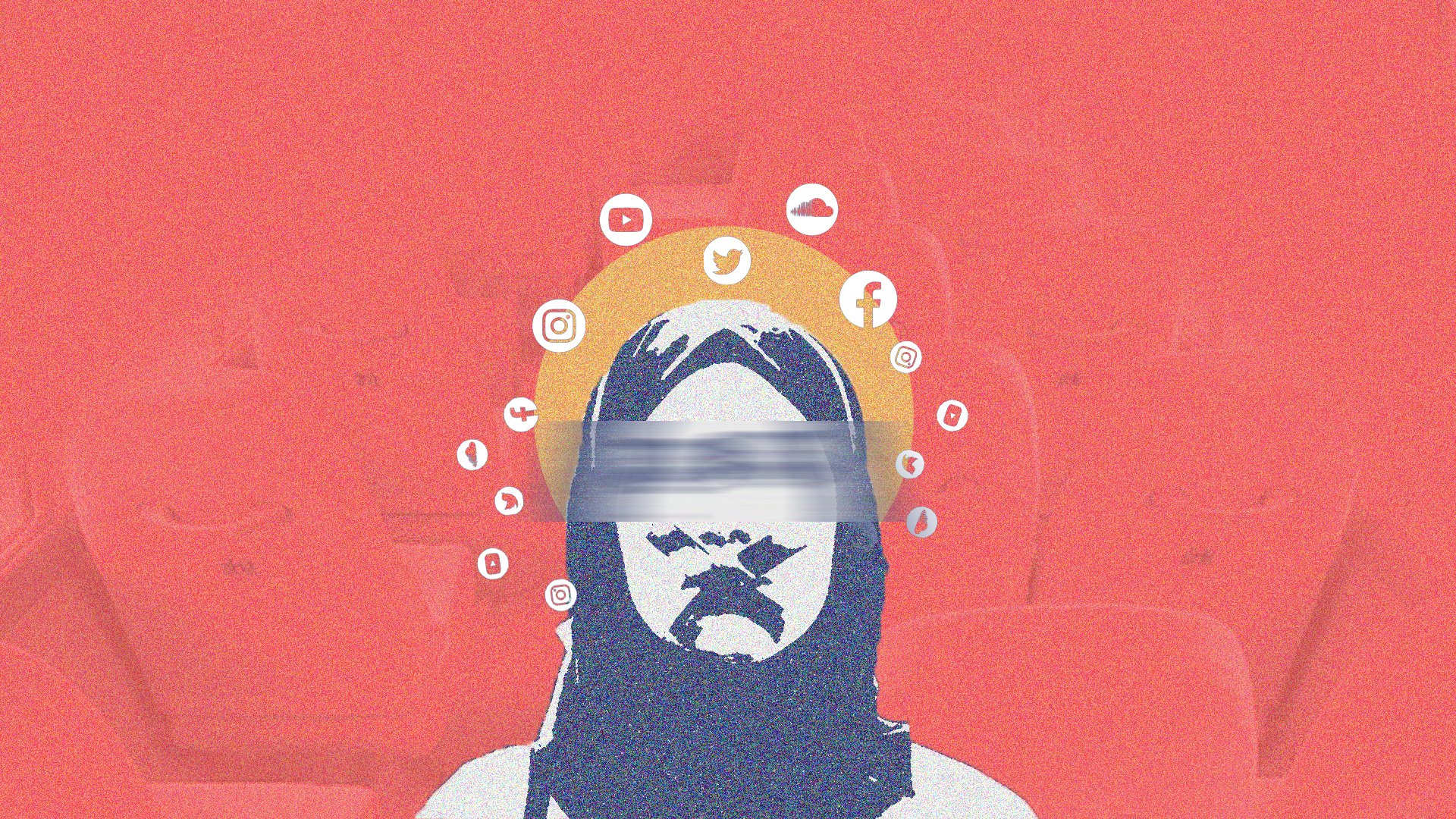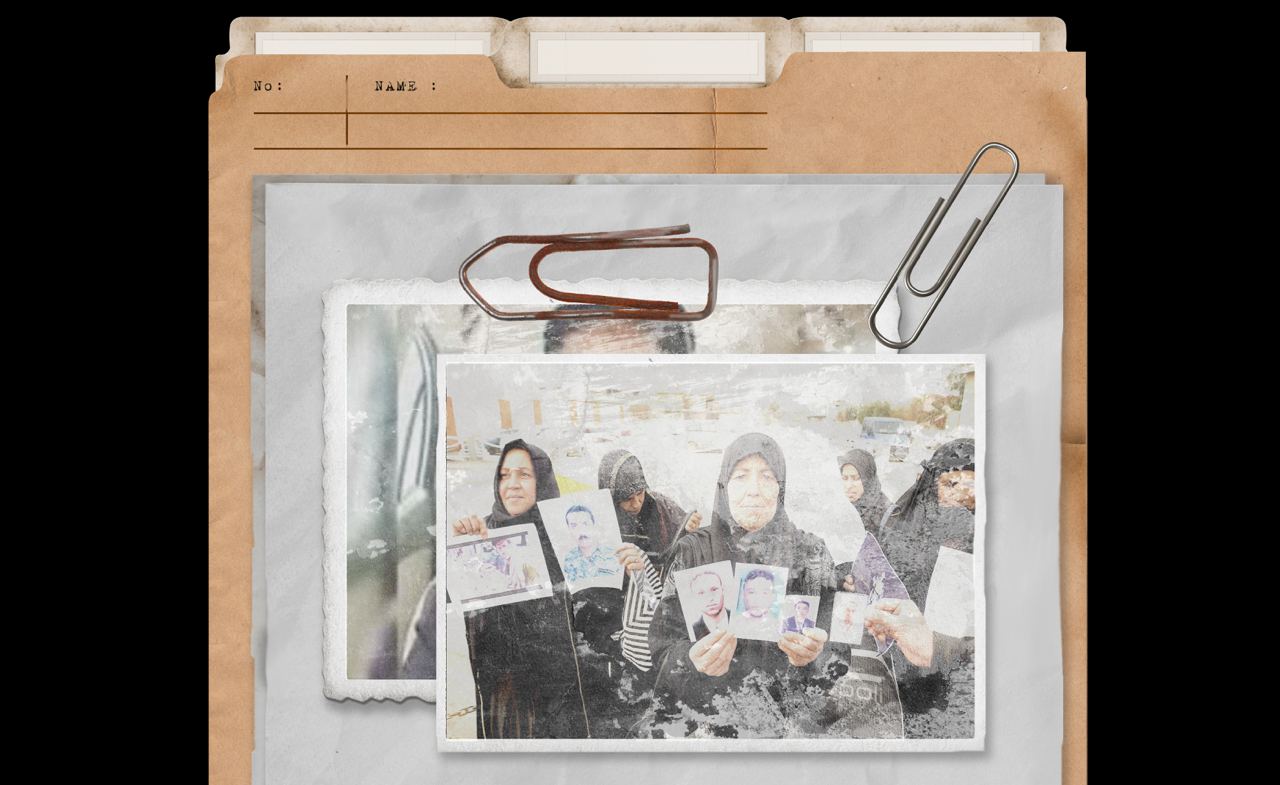Baghdad, Iraq
The Iraqi Observatory for Human Rights (IOHR) expresses deep concern over the Iraqi Council of Representatives’ decision to include the draft Law on "Freedom of Expression and Peaceful Assembly" on the agenda of today's session, in preparation for a potential vote. IOHR affirms that passing the law in its current form would represent a serious regression from Iraq’s constitutional obligations and a flagrant violation of international human rights standards to which Iraq is legally bound through treaties and conventions.
For over a decade, Iraqi civil society organizations, professional unions, research centers, and human rights advocates have worked tirelessly to push the Iraqi Parliament toward adopting a law that guarantees citizens’ rights to freely express opinions, protest peacefully, and organize public assemblies—free from arbitrary interference by the authorities. However, despite the submission of numerous substantive recommendations and legal critiques to the relevant parliamentary committees, the current draft reflects a clear shift from regulation to restriction, and from protection to repression.
I. Key Legal Concerns with the Current Draft
A thorough legal review of the draft reveals multiple critical issues, including:
The requirement of prior authorization for peaceful protests, which directly contradicts Article 38 of the Iraqi Constitution. This article explicitly guarantees the right to peaceful assembly without the need for prior approval—only notification is required.
The expansion of administrative and security authorities’ powers to reject, delay, or disperse public gatherings without defined legal criteria or judicial oversight, granting these bodies broad discretionary powers that contravene the principle of rule of law.
The use of vague and overly broad terms, such as "threat to public security," "public order," and "public morality," without providing clear legal definitions. Such ambiguity opens the door to arbitrary and politically motivated interpretations.
The merging of disparate issues into a single legislative framework, including the regulation of digital content, public assembly, protests, and public discourse, which creates legal confusion and increases the risk of misuse.
A punitive rather than rights-based approach, with the draft imposing harsh criminal penalties for acts related to expression, without adhering to the principles of legality, necessity, and proportionality as established in international human rights law.
II. Political and Social Context Heightens the Risk
The timing of this legislative push is particularly alarming. It comes amid a tense political climate, ongoing restrictions on civic space, and rising violations against journalists, activists, and human rights defenders. This context suggests an underlying political agenda aimed at shrinking civic space and suppressing legitimate, peaceful activism.
In recent years, IOHR has documented increasing patterns of harassment, censorship of critical content, arbitrary arrests of protest organizers, and assaults on journalists for merely posing challenging questions. Enacting this law in its current form would provide legal cover for such violations and institutionalize a system of silencing dissent.
III. IOHR’s Position and Demands
In line with its human rights mandate and its commitment to defending fundamental freedoms, IOHR stresses the following:
A firm rejection of the current draft, and a clear call not to vote on or pass it in any form that restricts the right to freedom of expression or peaceful assembly.
A call on the Council of Representatives—especially the Presidency and the Legal, Human Rights, Culture and Media, and Security and Defense Committees—to immediately suspend further discussion of the draft, withdraw it from the agenda, and open an inclusive dialogue with independent human rights stakeholders.
The organization of public hearings, with participation from civil society organizations, bar associations, journalists’ syndicates, and constitutional law experts, to ensure transparency and legal soundness in the drafting process.
Holding all parties involved in the passage of this law legally and ethically accountable for any future violations committed under its provisions.
IV. A Stark Human Rights Warning
IOHR warns that passing this law would amount to legitimizing repressive practices that have long targeted fundamental freedoms in Iraq. It would mark the beginning of a new era of closure, rolling back post-2003 democratic gains, and dismantling hopes of building a civil, democratic state based on pluralism, free expression, and open political debate.
Accordingly, IOHR calls on all relevant local and international actors to stand in solidarity with Iraqi civil society, and to pressure legislative authorities to uphold human rights standards. Iraq must not legislate repression under the guise of regulation. Instead, the country must work toward producing a law that enables, not restricts; that protects, not punishes; and that upholds the principles of justice, dignity, and democratic accountability—not the logic of control and silence.




